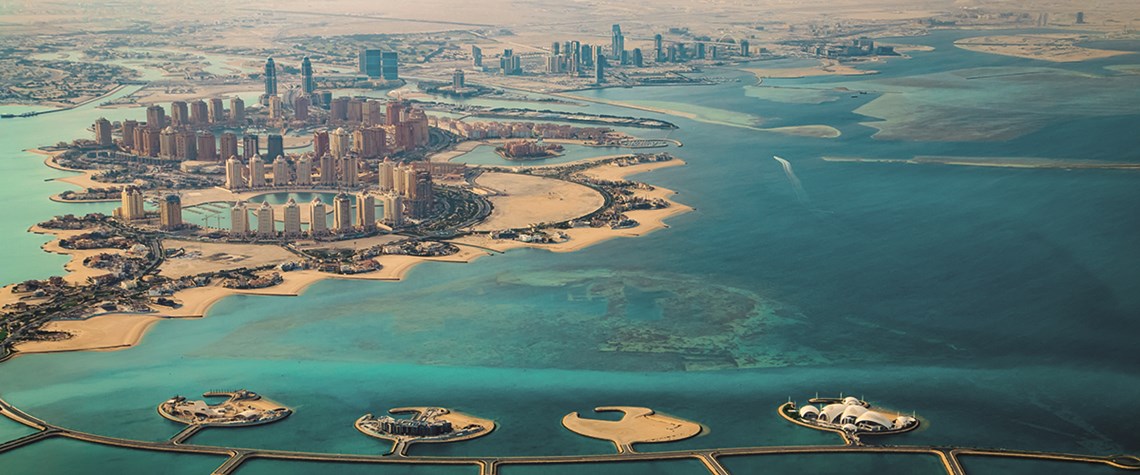Qatar’s Opec exit a sign of rising intra-Gulf tensions
The Gulf state’s departure will not damage Opec’s operations, but will cement intra-Gulf divisions
On the global energy stage, Qatar is a natural gas mega-performer, but plays only a small part in oil production. Its approximately 600,000 b/d of output represents no more than 2pc of total Opec production. Qatar appears to recognise that Opec's role has diminished over the past two years, with the initiative on global oil price strategy being dictated by two giant producers: Saudi Arabia and Russia. Even though Russia is not part of Opec, its voice is one that the organisation can no longer ignore. Saudi Energy Minister Khalid al-Falih said in October that cooperation with Russia would intensify in the months ahead, allowing the two states to "establish the framework of long-term coordinat

Also in this section
25 July 2025
Mozambique’s insurgency continues, but the security situation near the LNG site has significantly improved, with TotalEnergies aiming to lift its force majeure within months
25 July 2025
There is a bifurcation in the global oil market as China’s stockpiling contrasts with reduced inventories elsewhere
24 July 2025
The reaction to proposed sanctions on Russian oil buyers has been muted, suggesting trader fatigue with Trump’s frequent bold and erratic threats
24 July 2025
Trump energy policies and changing consumer trends to upend oil supply and demand








